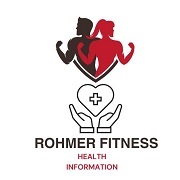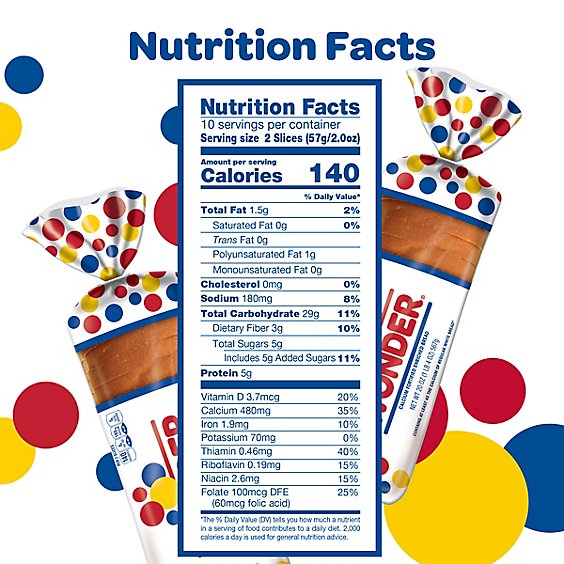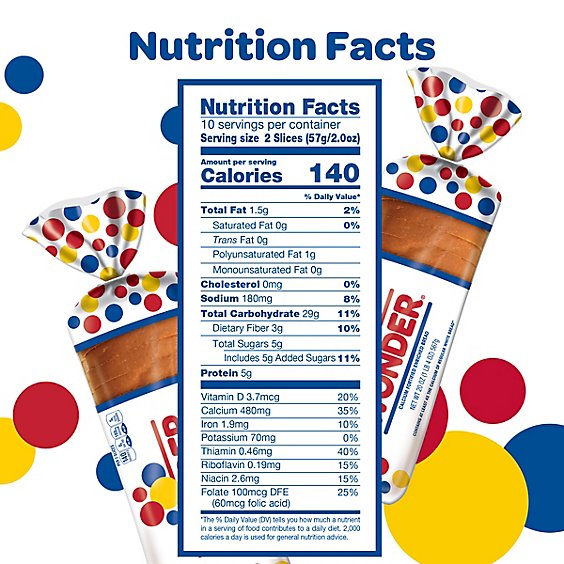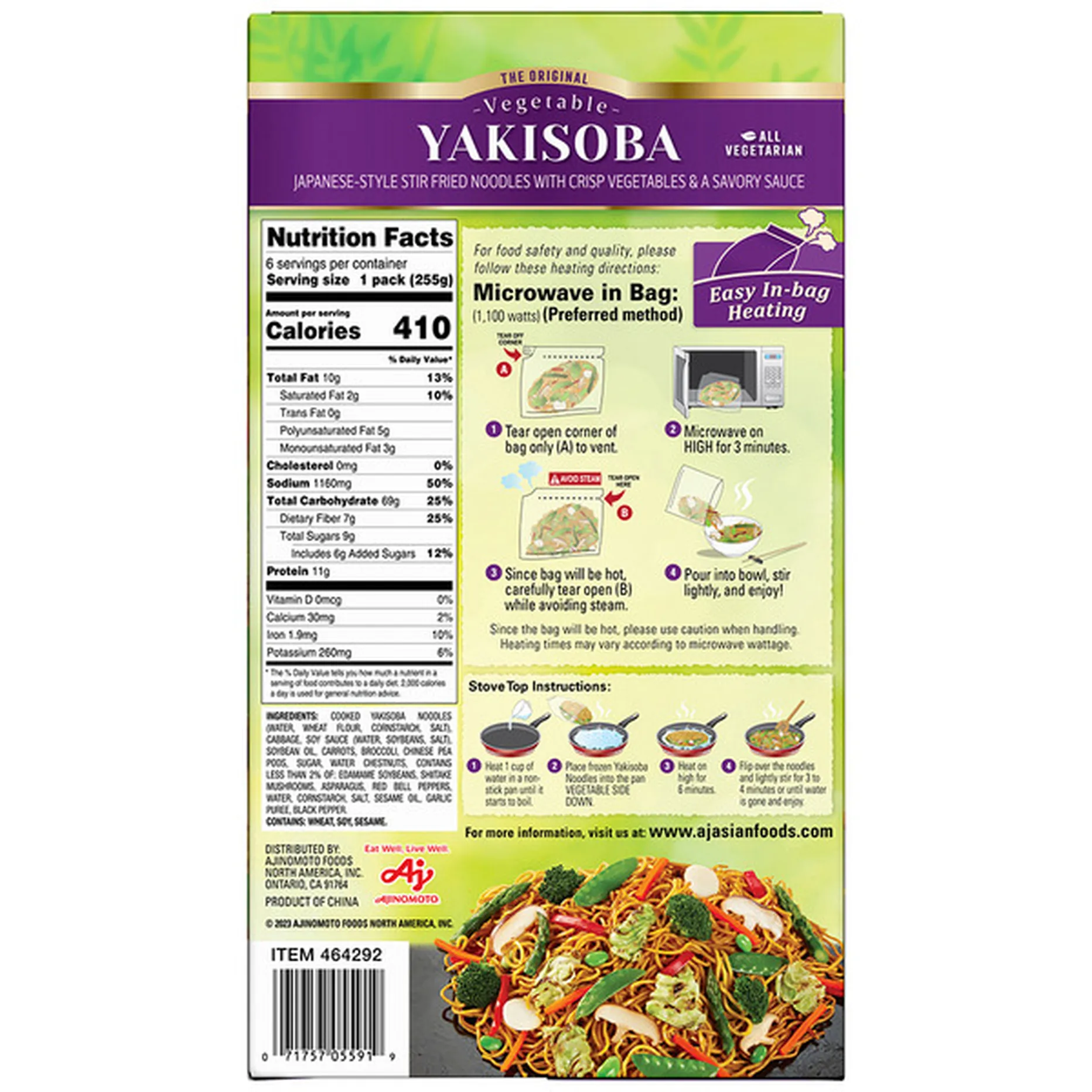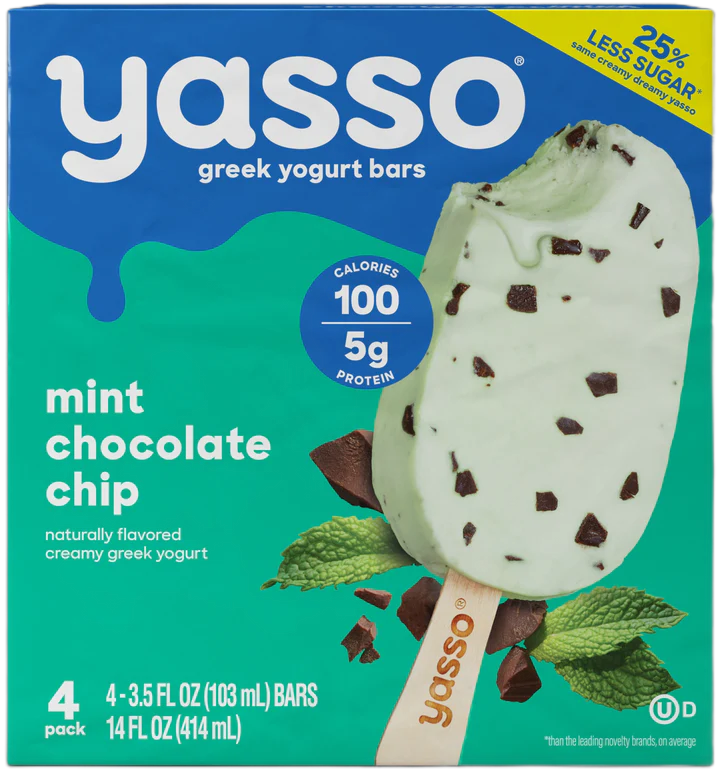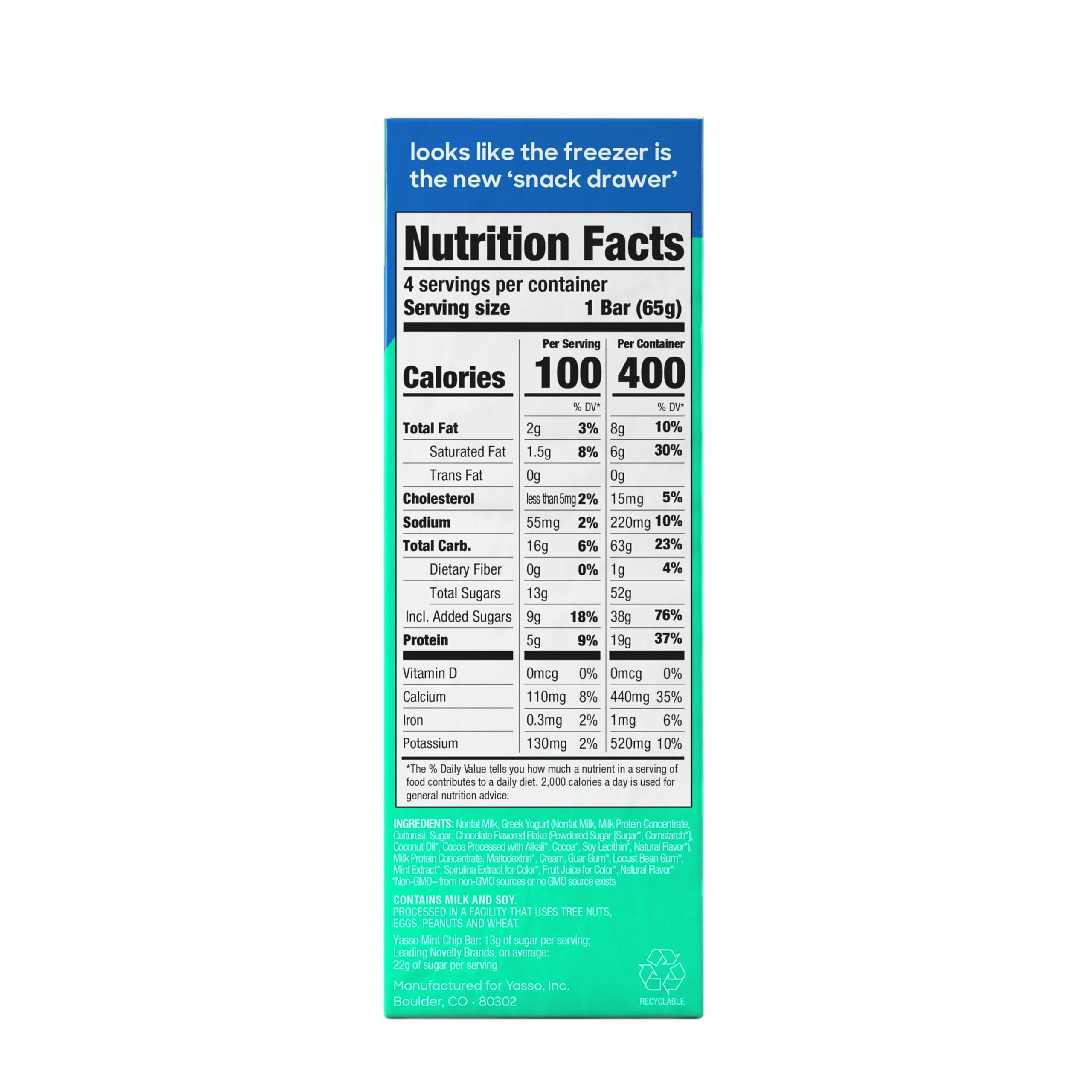
The exercise often done with one’s forearms is called a plank. This core exercise is integral for building strength and stability.
A plank is a simple yet powerful exercise that targets the entire body, with a focus on the core muscles. By maintaining a straight, rigid body line while resting on the forearms, individuals engage the abdominals, shoulders, chest, and back.
The beauty of planking lies in its versatility and effectiveness, requiring no equipment and minimal space, making it ideal for home workouts. Engaging in planks can enhance posture, reduce back pain, and improve balance. Fitness enthusiasts routinely incorporate this exercise into strength training routines, as it lays a foundation for more complex movements and can be modified to increase difficulty. Embracing planks as part of a daily workout regime can lead to visible improvements in muscle tone and overall fitness levels.

Credit: sea.mashable.com
Forearm Exercises In The Spotlight
Strong forearms matter in many activities. They help with grip strength and overall arm endurance. People often overlook these muscles during workouts. Yet, their importance is undeniable. Training forearms brings many benefits, from better lifting performance to injury prevention.
The Surge Of Popularity
Forearm exercises are gaining attention. Fitness enthusiasts realize the benefits. Social media and gyms are buzzing. They are not just for athletes anymore. Everyone wants to improve their forearm strength now. It leads to better workouts and stronger daily function.
Benefits of Forearm Training Include:
- Better grip strength for lifting and holding
- Improved muscular balance in the arms
- Enhanced endurance which aids in sports and daily tasks
- Reduced risk of injuries by strengthening tendons and muscles
Recent New York Times Feature
The New York Times highlighted forearm exercises. They showed how a proper routine can transform one’s fitness. With a spotlight on forearm training, many discovered new workouts. They learned about the science behind these low-profile muscles. This feature brought forearm exercises to many people’s weekly routines.
| Exercise | Description | Benefits |
|---|---|---|
| Wrist Curls | Rolling the wrists with weights | Building wrist and grip strength |
| Reverse Wrist Curls | Lifting weights with palms down | Targeting the top of the forearms |
| Farmers Walk | Carrying heavy weights by sides | Enhancing grip and overall endurance |
Regular training of the forearms is crucial. It ensures these muscles do not fall behind others. It balances the body’s strength profile. With the New York Times shining a light on forearm workouts, more people understand their value.
Benefits Of Forearm Strengthening
Strong forearms mean more than just a firm handshake. Forearm strengthening is crucial for daily tasks and athletic activities. Discover the exciting benefits of bolstering these muscles.
Grip Strength Enhancement
Better grip strength translates to holding items more confidently. Carry groceries, climb ropes, and use tools with ease. See the difference in tasks needing a firm grip.
Improved Daily Function
- Open jars without a struggle.
- Experience better control in movements.
- Enhance typing and writing abilities.
Injury Prevention And Rehabilitation
Forearm strength supports the wrists and elbows, reducing the risk of injury. It’s crucial for athletes and for those recovering from sprains or fractures.
These exercises aid in the healing process. They help regain motion and strength.
Anatomy Of The Forearm
The forearm consists of numerous muscles that coordinate to enable a vast range of motions. Two main bone structures, the radius and ulna, support these muscles. Understanding how these components work together is essential for effective exercises.
Muscle Groups And Their Functions
Forearm muscles divide into two groups: flexors and extensors. Flexors are on the palm side and allow you to curl your wrist toward your body. Extensors lie on the opposite side and help in spreading the fingers and wrists away from the body.
- Brachioradialis – aids in forearm flexing.
- Pronator Teres – rotates the forearm, palm-down.
- Flexor Carpi Radialis – assists in wrist flexion and abduction.
- Flexor Carpi Ulnaris – involves in wrist flexion and adduction.
- Extensor Carpi Radialis Longus – extends and abducts the wrist.
The Importance Of Forearm Musculature
Strong forearms enhance grip strength, essential for daily tasks and various sports. Moreover, they contribute to better wrist stability, reducing the risk of injuries. Forearm strength plays a key role in activities like climbing, gymnastics, and weight lifting.
Popular Forearm Exercises
Strong forearms mean more than just a firm handshake. Functional grip strength, improved sports performance, and better endurance in daily tasks are all benefits of a targeted forearm workout. Let’s dive into some popular exercises that focus on these essential muscles.
Wrist Curls And Extensions
To begin strengthening your wrists and forearms, wrist curls and extensions are your go-to exercises. Sit with a dumbbell in hand, rest your forearm on your thigh, and curl the weight towards the ceiling for wrist curls. Flip your arm over and do the same for wrist extensions. Simple yet effective, these movements engage your forearm flexors and extensors.
- Start with lighter weights to avoid injury.
- Perform in a seated position for stability.
- Do 3 sets of 10-15 repetitions each.
Forearm Squeezes
Squeezing an exercise ball or a grip strengthener is a practical way to work your forearm muscles. This can be done anywhere, from your desk to your daily commute. Grip tightly, release, and repeat. These squeezes benefit muscle endurance and are excellent for people who type or play instruments.
| Exercise Type | Benefits | Recommended Reps |
|---|---|---|
| Forearm Squeezes | Endurance, Strength | 3 sets of 30 seconds |
Reverse Curls
For all-around forearm strength, reverse curls are critical. Stand with your feet shoulder-width apart, arms at your side holding a barbell with an overhand grip. Curl the bar towards your shoulders, focusing on keeping your elbows tight to your body. This exercise not only works your forearms but gives your biceps a good workout too.
- Keep your wrists straight throughout the movement.
- Use a controlled, steady motion.
- Perform 3 sets of 8-12 reps.
Equipment For Forearm Workouts
Ready to amp up your forearm strength? The right equipment can make all the difference. This guide highlights essential tools to enhance your forearm workouts. Strong forearms aren’t just for show—they’re key for overall arm strength and function. Let’s explore the options available.
Choosing The Right Weights
Weights are crucial for building muscle. For forearms, it’s not just about heavy lifting but also about precision. Opt for dumbbells of various weights to start with. Smaller increments allow for consistent progression. A reliable set should include:
- Lightweights (1-5 lbs) for high-repetition exercises
- Medium weights (5-10 lbs) for regular training
- Heavyweights (10+ lbs) for strength-focused workouts
Grip Strengtheners
Grip strengtheners specialize in targeting the muscles in your forearms. They improve grip strength and dexterity. A variety of tools are available, including:
- Hand grippers for squeeze-and-release exercises
- Stress balls for finger strength
- Wrist rollers for wrist flexion and extension
Suspension Trainers
Suspension trainers are perfect for dynamic forearm workouts. They use body weight for resistance, making them highly effective and versatile. Features to look for:
- Adjustable straps for various exercises
- Durable handles for a secure grip
- Anchor points for stability and safety

Credit: www.nytimes.com
Incorporating Forearms Into Routine Workouts
Many gym enthusiasts often overlook forearm exercises. A strong grip and forearms enhance overall strength. This guide introduces effective ways to train one’s forearms within regular workout routines.
Creating A Balanced Workout Plan
Forearm development is vital for a balanced physique. A plan should engage all muscle groups. It promotes symmetry and functional strength. Below are steps to create an all-inclusive regimen:
- Identify key exercises that target the forearms. These include wrist curls and reverse curls.
- Integrate these movements into arm or pull-day workouts.
- Ensure progression by gradually increasing resistance levels.
- Monitor consistency and recovery to avoid overtraining.
Combining Cardio And Strength Training
Combining different exercise types maximizes forearm growth. Cardio supports fat loss, revealing muscle definition. Mix strength training and cardio for the best results. Example mix includes:
| Day | Activity |
|---|---|
| Monday | Arm Strength Training + Jump Rope |
| Wednesday | Full Body Workout + Cycling |
| Friday | Forearm Focus + Treadmill |
Emphasize forearm movements during strength sessions. Include cardio that involves arm action to enhance endurance.
Expert Tips For Maximum Efficiency
Discover how to amplify your forearm exercises with expert tips. Achieving peak performance requires more than just hard work. Keep these guidelines in mind to ensure you get the best results without wasting effort.
Proper Technique And Form
Mastering correct form is crucial for forearm workouts. It can mean the difference between impressive gains and unnecessary injuries. Follow these points to maintain proper technique:
- Align your wrists: Ensure they’re straight and not bent during movements.
- Engage your core: A solid base boosts stability and prevents strain.
- Control the weight: Use a grip that’s firm but not too tight.
- Move slowly: Quick jerks can lead to harm. Focus on a slow, steady pace.
Watch your posture. Your entire body should be in the right position, not just your arms.
Progressive Overload Principle
To see continuous improvement, the progressive overload principle is key. It involves gradually increasing the stress on your muscles. Here’s how to apply it:
- Add weight: Use heavier weights over time, as your strength allows.
- Increase reps: Do more repetitions as your endurance builds.
- More sets: Consider adding extra sets to your workout.
- Decrease rest: Shorten rest intervals progressively for intensity.
Document your workouts. Tracking progress ensures you can apply the progressive overload principle effectively.
Success Stories And Testimonials
Welcome to the ‘Success Stories and Testimonials’ section of our blog. Here, we share inspiring tales of individuals who turned their forearm workouts into triumphs. Readers will find compelling narratives detailing how certain exercises designed for forearm strength have generated remarkable impacts on lives, from boosting grip strength to aiding recovery after injuries. Let’s delve into these empowering stories and maybe find the motivation you need for your fitness journey.
From Weak Grip To Powerlifting
John’s tale is nothing short of incredible. With a grip strength not enough to hold a pencil tightly, he began his transformation. He focused on forearm exercises daily. John’s routine started with basic wrist curls and progressed to advanced farmer’s walks. After six months, John’s grip could rival seasoned athletes.
- 5 lbs to 50 lbs. Gradual increase in lifting weight.
- 3 sets of 10. Starting with light wrist curls.
- Farmer’s walks. Ultimate test of grip endurance.
Now a competitor in local powerlifting contests, John’s journey is proof that with commitment, your forearms can take you to new strengths.
Recovery Journeys After Injuries
Sarah’s recovery after a climbing accident is nothing but awe-inspiring. Doctors advised forearm centric exercises to rebuild her muscles. Sarah began with gentle flexor stretches and slowly moved to resistance band therapy.
| Week | Exercise | Improvement |
|---|---|---|
| 1-4 | Flexor Stretches | Increased mobility |
| 5-8 | Resistance Band | Enhanced strength |
| 9-12 | Weighted Wrist Rolls | Restored function |
With sheer determination, she regained full use of her forearm in three months. Today, she climbs even tougher routes.
Beyond The Gym: Everyday Activities To Strengthen Forearms
Think strong forearms are only built with weights? Think again. Forearm strength can improve with daily tasks. Turn routine into a powerful grip and toned arms. Let’s uncover hidden exercises in everyday life.
Manual Labor And Household Chores
Common tasks around the house aren’t just chores. They’re a chance to enhance forearm muscle. Check out these robust forearm builders:
- Gardening: Digging and planting develop grip.
- Cleaning: Scrubbing and mopping work wrist movements.
- Home repairs: Hammering and screwing fortify forearm muscles.
- Cooking: Kneading dough is also a forearm workout.
Turn everyday manual labor into an arm-strengthening routine. Make these activities part of your day for firmer forearms.
Hobbies That Bolster Forearm Strength
Consider hobbies beyond traditional exercise for forearm strength. Here’s a list:
| Hobby | Forearm Benefit |
|---|---|
| Rock climbing | Improves grip and endurance |
| Playing a musical instrument | Strengthens finger flexors |
| Woodworking | Boosts precision and power |
| Fishing | Builds wrist stability |
Choose a hobby to level up forearm strength while having fun. Each activity offers a unique set of benefits for your arms.

Credit: me.mashable.com
Frequently Asked Questions Of Exercise Done With Ones Forearms Nyt
What Are Forearm Exercise Benefits?
Forearm exercises strengthen grip and enhance wrist stability. Improved forearm strength can boost overall upper body workouts and daily activities.
Can Forearm Workouts Improve Arm Size?
Yes, targeted forearm workouts can contribute to increased muscle mass in the arms. Consistent exercise leads to muscular growth and definition.
How Often Should Forearms Be Trained?
Forearms can be trained 2-3 times per week. Rest is crucial for muscle recovery, so space out workouts throughout your weekly routine.
Are Dumbbells Effective For Forearm Training?
Dumbbells are very effective for forearm exercises. They allow for a range of movements that target both the flexors and extensors.
Conclusion
Embarking on forearm exercises can significantly enhance strength and grip. As we’ve explored, routines like wrist curls and reverse curls are instrumental for robust forearms. Staying consistent with these workouts promises not only aesthetic gains but also functional benefits. Let’s grip the challenge and see real progress!
